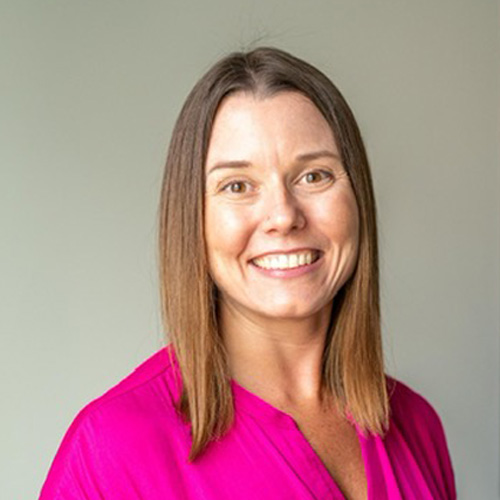When daylight savings time ends, or we “fall back,” some people may experience changes in their sleep patterns. Research has shown that this happens because sunlight is the major influencer in your circadian rhythm, and daylight savings interferes with the timing of sunlight.
But can the change in sunlight also impact your mood? A study published in 2017 found an association between daylight savings time transitions and an increase in mood disorders and reported an 11% increase in depressive episodes associated with this transition.
If you’re having trouble sleeping or have noticed changes in your mood this week, it could be due to daylight savings time ending and you might want to be on the lookout for SAD. Seasonal Affective Disorder, also known as SAD, is the common name for a type of seasonal depression that occurs mostly in the winter. SAD is linked to imbalances in the brain caused by shorter daylight hours and less sunlight, and as seasons change, people can experience a shift in their circadian rhythms. Learn more about what causes SAD and common symptoms and treatments for SAD.
The good news is there are two first-line treatments for SAD: light therapy and cognitive-behavioral therapy, which have been shown to be equally effective in improving symptoms of SAD. Cognitive-behavioral therapy (CBT) is a type of therapy designed to help people learn to cope, and has also been adapted specifically to treat people with SAD.
If you’re interested in therapy, K Health offers K Therapy, a text-based therapy program that includes unlimited messaging with a licensed therapist, plus free resources designed by mental health experts to use on your own.
Aside from clinical therapies, there are also a few easy things you can do in your everyday life that can help combat symptoms of SAD:
- Spend time outside in the sunlight, especially in the morning.
- Eat a variety of nutrient dense foods, including fruits, vegetables, lean proteins and nuts.
- Talk to your doctor about Vitamin D.
- Exercise 30 minutes a day to boost your mood. Walking counts!
- Stay connected to your friends and family. Social support is helpful!
- If you’re feeling overwhelmed, reach out to your doctor or a licensed therapist.
For more information about anxiety or depression-related symptoms, conditions, or treatments, visit our Mental Health page for free learning resources, or to start an assessment.
If you’re having a mental health emergency, call 911 or go to the nearest emergency room. You can also get free 24/7 support from a suicide and crisis expert by calling or texting 988. If you’d prefer to chat online, you can chat with a suicide and crisis expert by visiting the Lifeline Chat.
K Health has strict sourcing guidelines and relies on peer-reviewed studies, academic research institutions, and medical associations. We avoid using tertiary references.
-
Hansen, B., Sønderskov, K., Hageman, I., Dinesen, P., & Østergaard, S. (2017). Daylight Savings Time Transitions and the Incidence Rate of Unipolar Depressive Episodes. Epidemiology, 28(3), 346-353.
htttps://doi:10.1097/EDE.0000000000000580 -
Hansen, B., Sønderskov, K., Hageman, I., Dinesen, P., & Østergaard, S. (2017). Daylight Savings Time Transitions and the Incidence Rate of Unipolar Depressive Episodes. Epidemiology, 28(3), 346-353.
htttps://doi:10.1097/EDE.0000000000000580 -
American Psychiatric Association. (October, 2020). Seasonal Affective Disorder (SAD).
https://www.psychiatry.org/patients-families/depression/seasonal-affective-disorder -
Camuso, J.A. & Rohan, K.J. (2020) Cognitive Vulnerabilities as Prognostic Predictors of Acute and Follow-Up Outcomes in Seasonal Affective Disorder Treatment with Light Therapy or Cognitive-Behavioral Therapy. Cognitive Therapy Research, 44, 468–482.
https://doi.org/10.1007/s10608-020-10086-4 -
National Institute of Mental Health. (n.d.) Seasonal Affective Disorder.
https://www.nimh.nih.gov/health/publications/seasonal-affective-disorder -
National Institute of Mental Health. (n.d.) Seasonal Affective Disorder.
https://www.nimh.nih.gov/health/publications/seasonal-affective-disorder

 Medically reviewed
Medically reviewed
